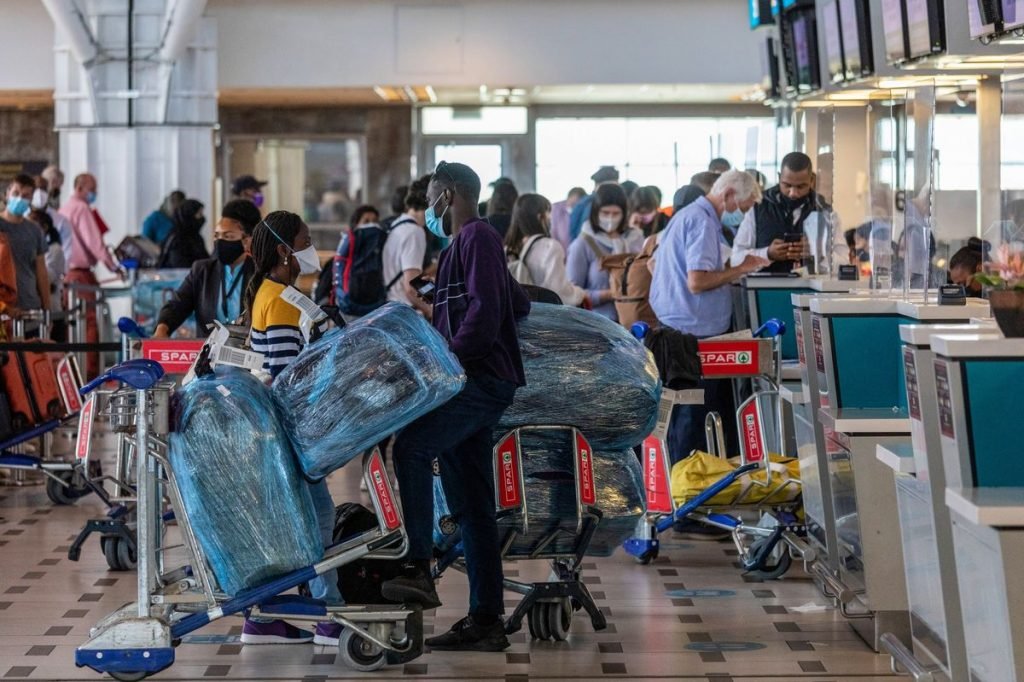By Imane Charioui,
If you speak to most migrant workers, you will hear of the extended financial support they provide to their families back home, as well as the large development projects they are funding. This they achieve by hiving off a portion of their income and sending it to their respective countries using different remittance services.
Currently, about one billion people in the world are involved with remittances, either by sending or receiving them – one in nine people are recipients of these flows of money sent by their family members who have migrated for work1.
Indeed, every year, about $82.7bn in personal remittances are sent to Africa, a figure that is nearly double the continent’s foreign direct investment (FDI) flow of $46bn2. Personal remittances to almost all African countries are also more than the official development assistance they receive.
It is estimated that three quarters of remittances are used to cover essential things: put food on the table and cover medical expenses, school fees or housing expenses as well as loss of crops or family emergencies.
This, therefore, makes remittances a real contributor to development, which can be seen at the household level where many families have risen above poverty through monies sent to them by relatives abroad, all the way to the national level.
This has been especially important during the Covid pandemic when many families have had to rely on their relatives abroad to sustain their upkeep after border closures caused many businesses to collapse, leading to income losses. In the early days of the pandemic, it was not uncommon for migrant workers to spare some of their state-issued relief allocations to support their struggling relatives back home, aid that is still ongoing during the recovery period.
“As Covid-19 still devastates families around the world, remittances continue to provide a critical lifeline for the poor and vulnerable,” said Michal Rutkowski, global director of the social protection and jobs global practice at the World Bank.
It is this critical role of remittances that WorldRemit is proud to support, by providing a quick and convenient way of transferring money amongst more than 130 countries and in over 70 currencies.
“Migrants send money home not only to help address the financial situation of their families but it helps them maintain long-distance household ties with people back at home,” says Imane Charioui, Head of North and Central Africa and Middle East, at WorldRemit.
“Remittances give senders a sense of belonging and a way of showing solidarity and maintaining identity with the community, the true African spirit,” she adds.
WorldRemit continues to integrate its systems with mobile money services to make it easier for recipients to collect their payments and reduce the need for long and expensive commutes to cashing points.
“We know how important it is for workers abroad to send money to their loved ones when they need it most. At WorldRemit, we ensure it’s quick, secure and convenient.”
And as people in the diaspora continue to work hard to improve the lives of their families back home, WorldRemit continues to invest in technologies that optimise its service.
“We remain committed to our founding objective, which has always been to improve people’s lives; by giving them an affordable remittance service, we are seeing a transformation in the lives of the people who use our service,” Charioui said.
– The writer is WorldRemit’s Head of North and Central Africa.


